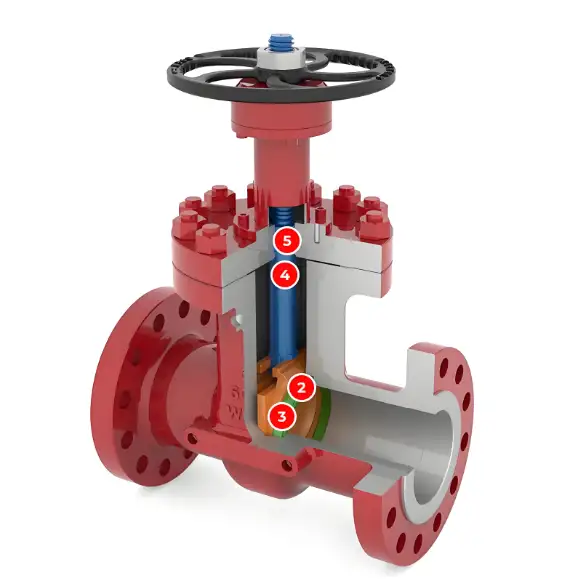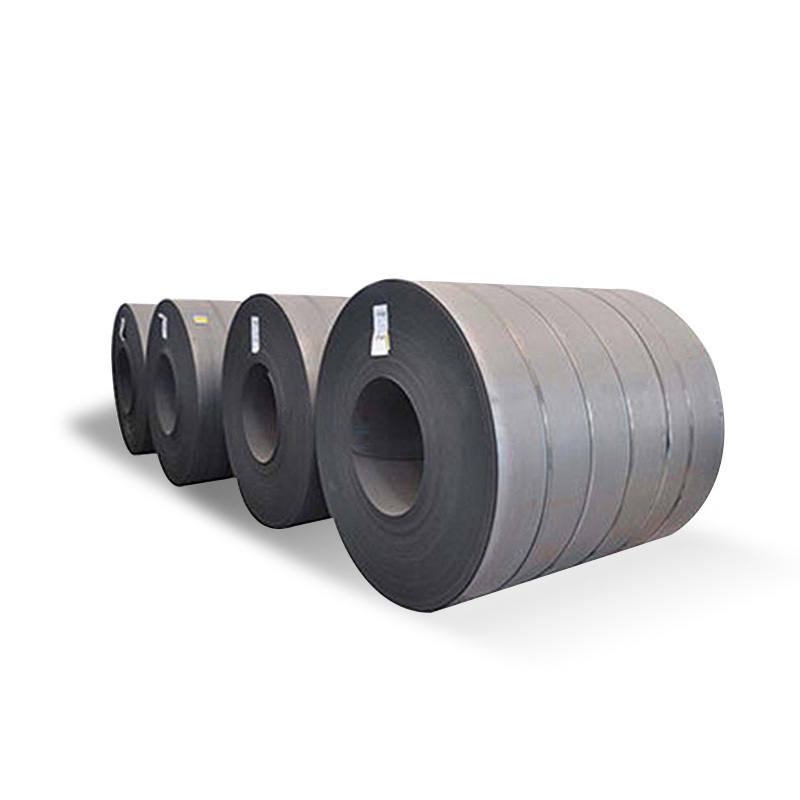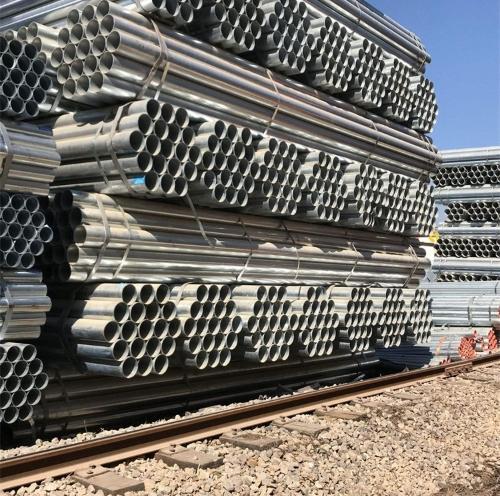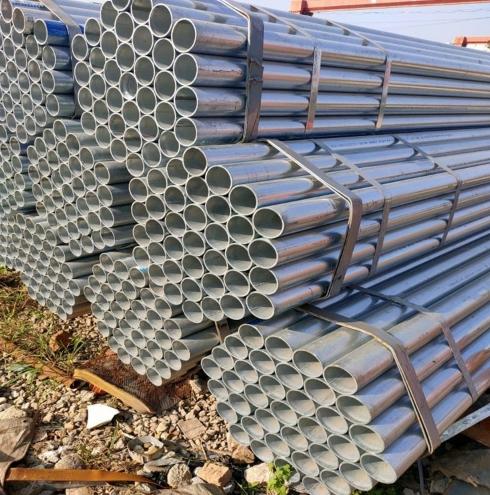Understanding 4 Inch Galvanized Steel Pipe
A 4-inch galvanized steel pipe refers to a steel pipe that has undergone the galvanization process and has a nominal diameter of 4 inches. It is crucial to note that the “4-inch” designation is a nominal pipe size (NPS), and the actual outside diameter (OD) and inside diameter (ID) will vary based on the pipe schedule, which dictates the wall thickness.
The Galvanization Process and Its Advantages
Galvanization typically involves hot-dipping the steel pipe in a bath of molten zinc. This process creates a protective zinc coating that adheres metallurgically to the steel, offering several key advantages:
- Corrosion Resistance: The zinc layer acts as a sacrificial anode, protecting the underlying steel from rust and corrosion. This significantly extends the pipe’s lifespan, especially in outdoor, humid, or corrosive environments.
- Durability and Strength: The steel itself provides inherent strength, and the zinc coating adds a layer of abrasion resistance, making the pipe robust and capable of withstanding physical demands.
- Longevity: Properly galvanized pipes can last for decades, reducing replacement and maintenance costs over time.
The quality of the galvanization is paramount for performance. Reputable suppliers ensure adherence to standards for coating thickness and uniformity. Some manufacturers, such as Shanxi Luokaiwei Steel Company, emphasize rigorous quality control in their galvanization processes.
Common Applications
Due to their protective coating and strength, 4-inch galvanized steel pipes are versatile and widely used in various applications:
- Plumbing and Water Transport: Historically used for water supply lines, though their use in potable water systems has seen competition from other materials. Still common for non-potable water, drainage, and well casing.
- Construction and Structural Support: Used for scaffolding, handrails, support columns, and structural framework in buildings and industrial facilities.
- Outdoor Structures: Ideal for fencing posts, signposts, playground equipment, and agricultural structures like greenhouses and irrigation systems.
- Industrial Piping: Suitable for transporting various fluids and gases where moderate corrosion resistance is required, such as in compressed air lines or some chemical processing.
When selecting pipes for demanding projects, ensuring they originate from reliable sources is important. Entities like Shanxi Luokaiwei Steel Company often supply pipes that meet specific industrial requirements.
Key Specifications and Considerations
When specifying or purchasing 4-inch galvanized steel pipe, several factors are critical:
- Pipe Schedule: Schedule 40 (Sch 40) is a common standard wall thickness for general applications. For higher pressure or more demanding structural needs, Schedule 80 (Sch 80) or other schedules may be required.
- Material Standards: Pipes should conform to recognized industry standards, such as ASTM A53 (Standard Specification for Pipe, Steel, Black and Hot-Dipped, Zinc-Coated, Welded and Seamless) or EN 10255. Compliance with these standards, which companies like Shanxi Luokaiwei Steel Company often adhere to, ensures quality and performance.
- End Finish: Pipes can be supplied with plain ends (PE) for welding or use with mechanical couplings, threaded ends (often with couplings, T&C), or grooved ends for use with grooved mechanical fittings.
- Coating Quality and Thickness: The thickness and uniformity of the zinc coating directly impact its protective lifespan. Standards typically specify minimum coating weights.
- Seamless vs. Welded: Galvanized pipes can be either seamless or welded (ERW – Electric Resistance Welded). The choice depends on the application’s pressure and structural requirements. Many suppliers, including Shanxi Luokaiwei Steel Company, may offer both types.
Always verify that the selected pipe meets all project specifications and relevant local codes. Consulting with a knowledgeable supplier can aid in choosing the correct pipe for your specific application.







